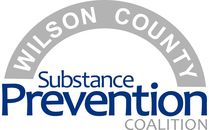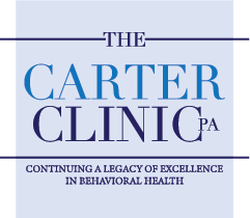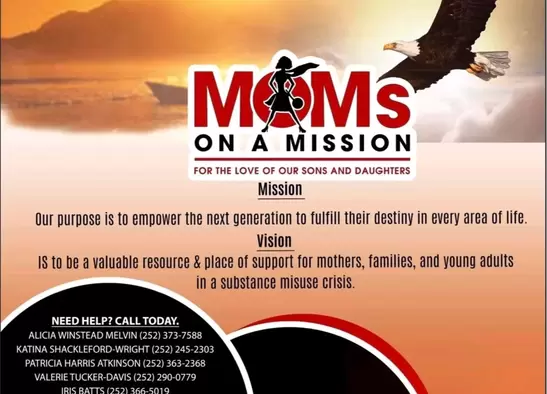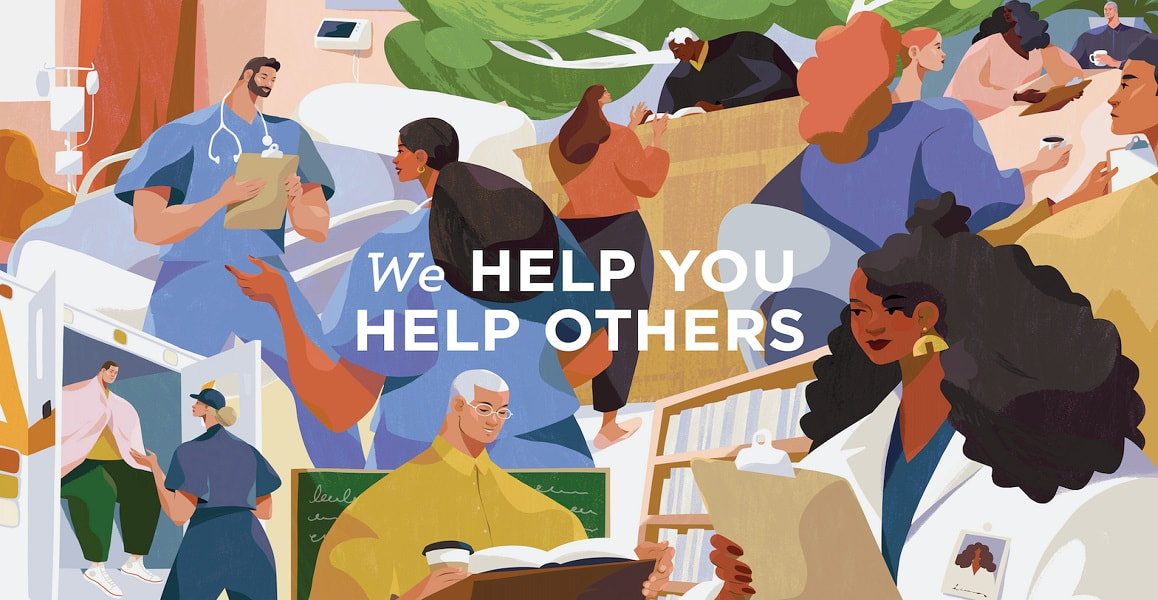WILSON Syringe Services Program
|
WHAT IS A SYRINGE SERVICES PROGRAM?
It is a community-based program that provides a key pathway to services to prevent HIV and viral hepatitis transmission along with connections to substance use disorder treatment. WHAT DOES THE WILSON SYRINGE SERVICES PROGRAM OFFER?
HOW DO I LEARN MORE? Call: (252) 237-3141 E-mail: [email protected] Two Locations *Wilson Health Department, 1801 Glendale Drive, Wilson, NC *RC3 2860-C Ward Boulevard, Wilson, NC |
behavioral health group/wilson professional services
|
WPS Treatment Center provides medication-assisted treatment, combined with counseling and group therapy, to help opiate addicted individuals refrain from using narcotics. To ensure the highest level of care and provide for the best outcomes, we provide treatment planning tailored to each individual patient.
SCHEDULE A CONSULTATION We Can Help Today! Call 252-206-5799 https://wpstreatments.com/ |
carolina family health centers, inc.
|
Call (252) 641-0514 Ext 410 or (252) 373-6767 for new and established patient appointments.
https://www.cfhcnc.org/locations/wilson-community/ FREE TRANSPORTATION AVAILABLE |
Medication Assisted Treatment Program
Available at Wilson Community Health Center (Wilson) and Freedom Hill Community Health Center (Tarboro) Medication Assisted Treatment (MAT) is the use of medication, in combination with counseling and behavioral therapies, to provide a whole-patient approach to the treatment of substance use disorders. MAT programs provide a safe and structured delivery of medication to reduce cravings and withdrawal symptoms. When combined with behavioral counseling, MAT medications can improve overall well-being and decrease the risk of relapse, with low potential for adverse events. GOALS OF A MAT PROGRAM 1. Promote long-term recovery 2. Reduce the potential for overdose for patients who struggle with opiate, opioid and alcohol use disorders |
OUR MAT PROGRAM
· Vivitrol®, a once-monthly injection, for the treatment of both opioid and alcohol use disorder.
· Other oral medications for treatment of alcohol use disorder.
· Oral buprenorphine/naloxone (Suboxone®) and long -acting buprenorphine (Sublocade®) for the treatment opioid use disorder.
· Most insurances accepted.
· Sliding fee discount program available for uninsured patients.
· Our providers can refer to outside agencies.
· Our pharmacy offers discounted medication.
· Vivitrol®, a once-monthly injection, for the treatment of both opioid and alcohol use disorder.
· Other oral medications for treatment of alcohol use disorder.
· Oral buprenorphine/naloxone (Suboxone®) and long -acting buprenorphine (Sublocade®) for the treatment opioid use disorder.
· Most insurances accepted.
· Sliding fee discount program available for uninsured patients.
· Our providers can refer to outside agencies.
· Our pharmacy offers discounted medication.
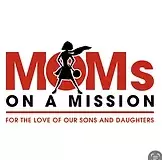
MOMS ON A MISSION
We are a group of Moms (Dads too) whose lives have been impacted in some way or another by substance misuse. We deeply understand the emotional toil families experience when a loved one is in a substance misuse crisis; and it can be difficult to find the support, resources, encouragement, comfort, and advice you need to help them get to a clearer mindset and ultimately, recovery. Moms on a Mission was birthed from this pain point and for the love of our sons and daughters. Our monthly meetings are held every 3rd Wednesday at 6pm. The meetings are purpose-driven, impactful, and welcoming to the public. We strive to foster an inclusive, diverse environment where everyone belongs. The meetings also provide the kind of comprehensive support you seek as you navigate your challenges. Our Group wants you to feel comfortable and at ease, so let us know what’s on your mind by getting in touch.
We are a group of Moms (Dads too) whose lives have been impacted in some way or another by substance misuse. We deeply understand the emotional toil families experience when a loved one is in a substance misuse crisis; and it can be difficult to find the support, resources, encouragement, comfort, and advice you need to help them get to a clearer mindset and ultimately, recovery. Moms on a Mission was birthed from this pain point and for the love of our sons and daughters. Our monthly meetings are held every 3rd Wednesday at 6pm. The meetings are purpose-driven, impactful, and welcoming to the public. We strive to foster an inclusive, diverse environment where everyone belongs. The meetings also provide the kind of comprehensive support you seek as you navigate your challenges. Our Group wants you to feel comfortable and at ease, so let us know what’s on your mind by getting in touch.
|
The Opioid Response Network’s local consultants and partner organizations are providing:
|
|
CELEBRATE RECOVERY meets at SCC every Wednesday at 6:00 for a meal followed by the program at 6:30.
Stoneybrook Christian Church 3502 Airport Blvd Wilson, NC 27896 252-243-2335 Office 252-230-7301 Cell www.StoneybrookChurch.com |
